Can Kittens Drink Human Breast Milk? Should They?
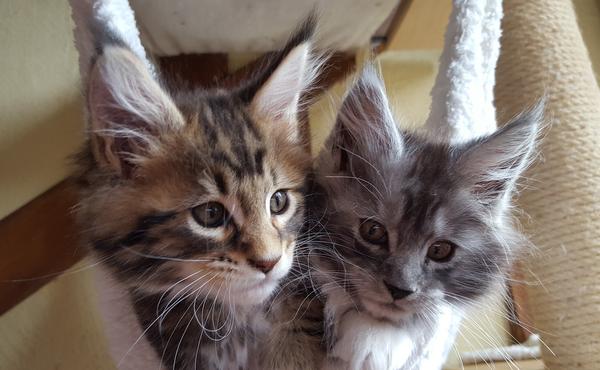
You'll agree with me when I say:
The well-being of our precious little fur babies keeps us awake at night. 😊
Worries bloom inside us like weeds, choking our hearts.
What if they need something more?
Let's find out.
Shall we begin?
Can Cats Drink Human Breast Milk?
Can cats drink human breast milk? 😺
No, they can't.
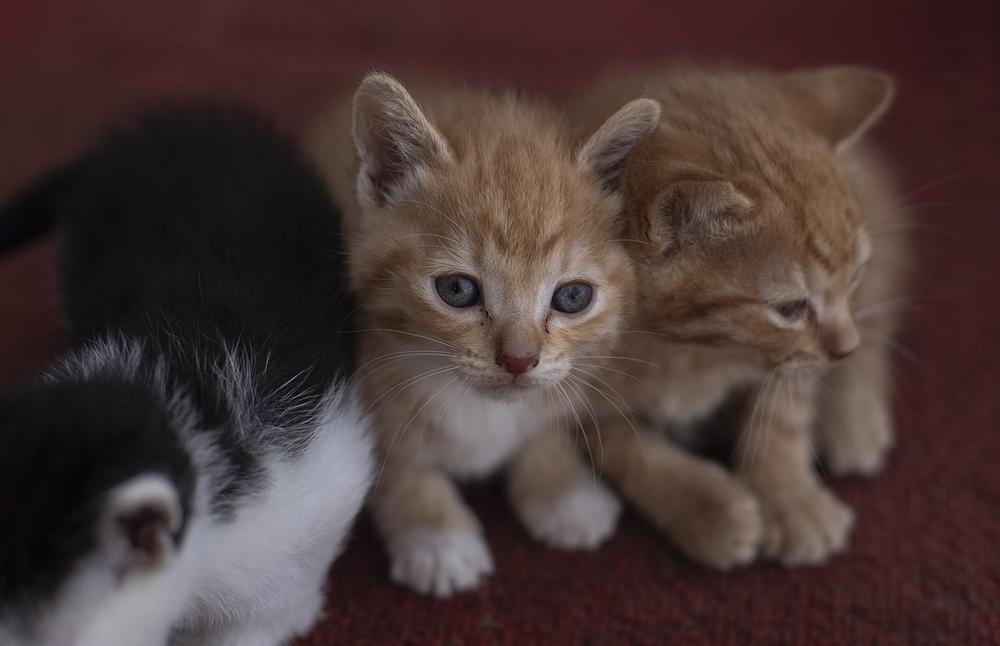
Why not?
- Kittens need certain nutrients for growth and development that are missing in human breast milk.
- It can make kittens have digestive problems like stomachaches, vomiting, diarrhea, and discomfort.
- Even if a cat is lactose-tolerant, it can still cause stomach issues and other health problems.
- If you disregard this warning, it can lead to indigestion, malnutrition, dehydration, and potential infection.
- Young kittens can't digest human milk properly, so it might make them sick.
- The best option is to get milk supplements from a nursing cat or a vet to ensure the kittens get the proper nutrition.
- Human breast milk is made specifically for human babies and has different amounts of proteins, carbs, and fats. Lactose is the main carbohydrate.
- Giving kittens human breast milk ignores their specific nutritional needs for healthy growth and development.
So, if you want your kittens to grow strong and healthy, rely on their mother's milk or a suitable replacement suggested by a pro.
Main points I'll expand upon further down this article:
- Most cats and kittens are lactose intolerant, avoiding milk is best.
- Different types of milk can cause gastrointestinal complications and diarrhea.
- Breast milk does not provide all necessary nutrients for cats.
- Bone broth and authentic meat products can be nutritious treats.
- Cats can safely consume lactose-free cow's or goat's milk.
- Sheep's milk and plant-based milks are unsuitable for cats.
- Mother's milk is crucial for kitten growth and development.
- Use commercial milk replacers for newborn kittens, not homemade alternatives.
- Gradually transition kittens from milk to solid food around 3 weeks of age.
- Monitor your cat's behavior for allergic reactions to new foods.
Now, you might be wondering...
What about cow's milk?
Is it safe for cats and kittens to drink?
The truth is, most cats and kittens are lactose intolerant, but there are a few things you should know before deciding to give your cat some milk:
Can Cats Drink Cow's Milk?
Cats and kittens, just like many humans, cannot handle lactose - that's the sugar found in milk.
Cow’s milk can cause tummies to rumble, discomfort, and long-lasting health problems for our feline friends.
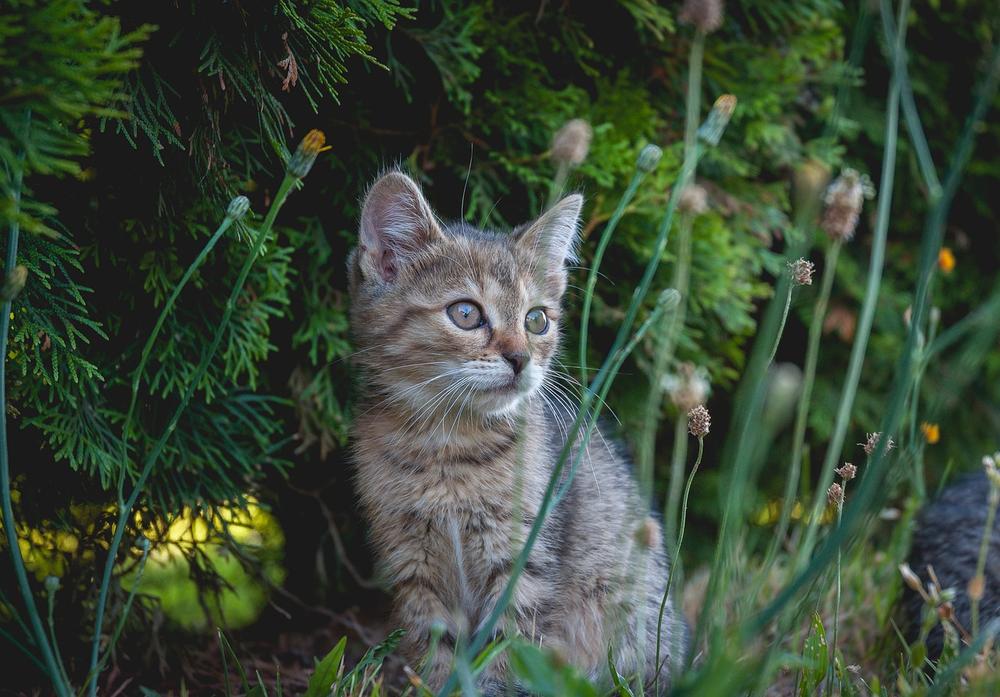
That means cat folks should think carefully before filling up their kitty's bowl with cow's milk on a regular basis - especially if it's full-fat. Now, if you're determined to offer some moo juice to your favorite furball, here's what you need to know:
Make it organic, clean, and low in fat.
Your cat will appreciate the extra effort you put into finding them a treat that won't upset their delicate systems.
Other Milk Options for Cats
When it comes to milk for cats, here's what you need to know:
- Giving kittens human breast milk can make them sick and give them tummy troubles. It doesn't have all the good stuff they need for their instincts.
- Cats who are lactose intolerant can't digest the lactose in milk.
- Treats like bone broth and real meat are healthy, but the wrong kind of milk can slow down a cat's growth.
- Adult cats can drink lactose-free cow's milk, goat's milk, or special milk made for cats with no lactose.
- Stay away from sheep's milk and plant-based milks like oat or almond milk - they can upset a cat's stomach.
- A kitten needs its mother's milk because it has important nutrients for growing up.
- If you need to feed a newborn kitten with milk replacement, make sure to get a good one from the store that is meant for kittens.
- Start getting kittens used to solid food when they're about 3 weeks old. It might take about 4-6 weeks. Give them warm, wet kitten formula or canned food mixed with a little bit of dry food.
- Don't try making your own milk replacement at home. Use clean bottles or eye droppers with sterilized bottles when feeding.
In addition, I wanted to mention that if you are curious about the safety of pregnant cats consuming milk, I have written a helpful blog post.
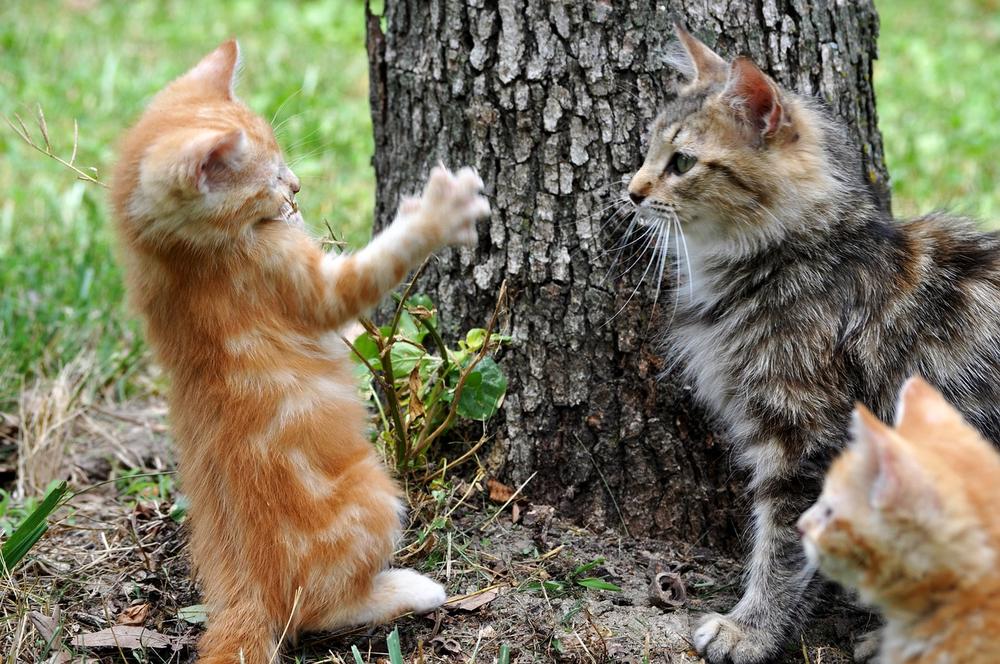
You can find more information in my article Can Pregnant Cats Drink Milk.
It's always important to make sure you have the right knowledge when it comes to caring for your feline friends.
So take a moment to check out the post and learn more about this topic.
What to Do if Your Cat Shows Symptoms
If your cat starts acting strange or shows signs of being allergic after having human breast milk or dairy products, you need to take action. 🐱
Watch your cat closely for any signs of an allergic reaction and pay attention to their behavior.
Especially if your cat is a kitten or the symptoms are severe, you should contact a veterinarian right away.
Kittens are fragile and need specific nutrition, so you should address any negative reactions promptly with expert advice.
Although it's rare, infections can be passed from mother cats to their kittens through breastfeeding.
Keep this in mind.
To sum it up, here's what you should do if your cat has symptoms after consuming human breast milk or dairy:
- Keep an eye on your cat's behavior for potential allergies.
- Talk to a veterinarian if the symptoms are severe or your cat is a kitten since they require special care.
- Be aware that infections can be transmitted from mother cats to their kittens through breastfeeding.
- Get veterinary help right away to ensure your cat gets the appropriate guidance and assessment for their condition.
And now, let's dive deeper into the specific nutritional needs of kittens and how they differ from adult and senior cats.
I urge you to pay close attention to this information as it will help you understand why feeding kittens human breast milk can be problematic.
As their livers are not fully developed, their metabolic processes and ability to handle carbohydrates vary significantly from adult cats...
Milk's Impact on Adult and Senior Cats: Safety and Effects
When it comes to adult and senior cats, milk can have safety issues and various effects.
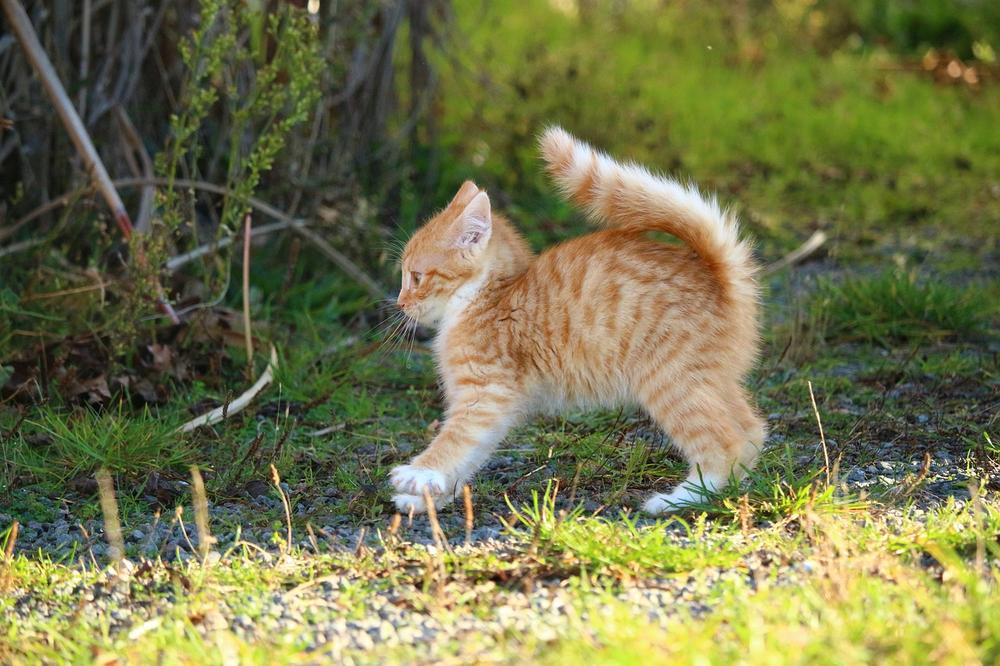
Let me break it down for you:
- Adult cats can't handle lactose, the stuff in milk that needs an enzyme called lactase to be properly digested. In plain terms, they're lactose intolerant and drinking milk can mess up their stomachs.
- Kittens need their mom's milk because it has essential nutrients, but grown-up cats don't. Milk doesn't have all the important stuff like taurine that adults need to stay healthy.
- Grown-up cats have different digestion abilities than young ones. If they gulp down milk, it can cause their blood sugar levels to go haywire and give them digestive problems.
- Excessive milk-drinking can also make adult and senior cats gain weight and become overweight, thanks to its high fat content.
- Instead of milk, offer your mature feline friends fresh water, cat food that meets their nutritional needs, and treats made especially for their age group.
So, when you're considering if giving milk to your adult or senior cat is okay, remember these factors.
And that wraps up today's article.
If you wish to read more of my useful articles, I recommend you check out some of these: Are You Adding Water to Dry Cat Food, Can Cats Eat Pistachios, Can Cats Eat Oreos, Do Cats Eat Ants, and How Long Can a Newborn Kitten Go Without Eating
Talk soon,
-Sarah Davis